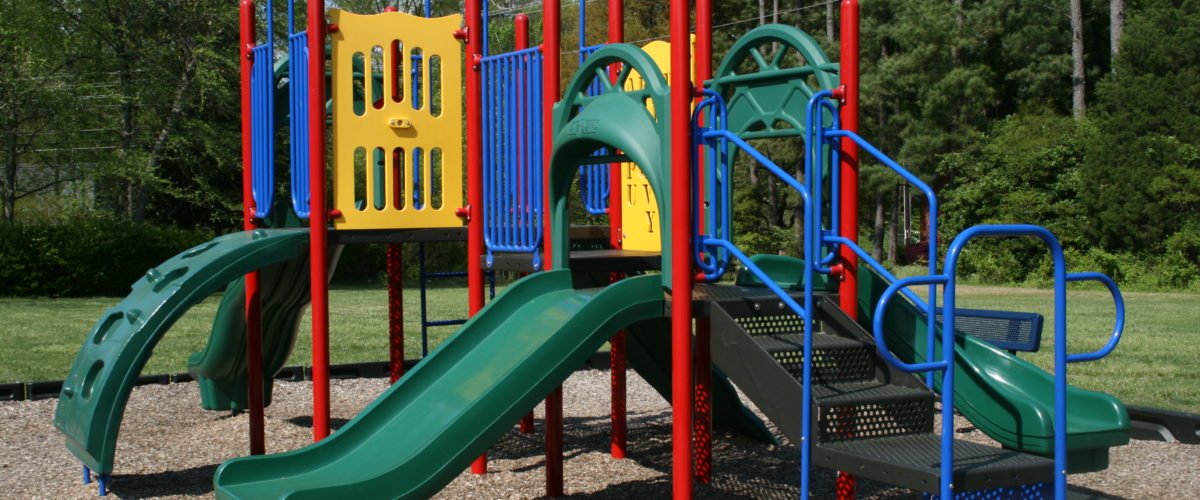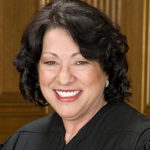Reaction varied to Monday’s Supreme Court ruling siding with a Missouri church which had been denied public money to improve a school playground.
Groups including the Baptist Joint Committee for Religious Liberty called it a blow to the separation of church and state, while the head of the Southern Baptist Convention Ethics and Religious Liberty Commission viewed it as a win for religious liberty.
Writing for a 7-2 majority, Chief Justice John Roberts said Missouri’s policy excluding churches from participating in a program using recycled tires to improve playground safety “expressly discriminates against otherwise eligible recipients by disqualifying them from public benefits solely because of their religious character,” and thereby “imposes a penalty on the free exercise of religion.”
In a dissenting opinion, Justice Sonia Sotomayor said the ruling “profoundly changes” the relationship between church and state by “holding, for the first time, that the Constitution requires the government to provide public funds directly to a church.”
Joined by Justice Ruth Bader Ginsburg, Sotomayer said the decision of the majority “weakens this country’s longstanding commitment to a
separation of church and state beneficial to both.”
The case, involving Trinity Lutheran Church in Columbia, Mo., similarly divided advocates for religious liberty and the separation of church and state.
Holly Hollman, general counsel of the Baptist Joint Committee for Religious Liberty, said today’s decision “rejects an important aspect of America’s history of protecting religious liberty.”
“By treating a state ban on aid to churches as a mark of discrimination, the court’s decision upends precedent and adds confusion to the law,” Hollman said. “The decision does not create a free exercise right to government funding of religion, but it unnecessarily blurs the line that ensures religion flourishes on its own.”
Russell Moore, president of the SBC Ethics and Religious Liberty Commission, said the decision as “a win for religious freedom, and for limits on the power of the state.”
“We don’t want a state empowered to referee between theologies and to privilege some religious ideologies over others, even if that ideology is secularism,” Moore said in a written commentary.
Both the BJC and ERLC filed friend-of-the-court briefs arguing opposing sides of case.
In the end, the Supreme Court said a provision in the Missouri constitution barring the use of public money “in aid of any church, sect or denomination of religion” forced Trinity Lutheran Church of Columbia, Mo., “to renounce its religious character in order to participate in an otherwise generally available public benefit program, for which it is fully qualified.”
The government cannot impose such as penalty on the free exercise of religion, the opinion stated, unless doing so serves a state interest of the highest order.
Hollman said state “no aid” provisions which add safeguards to the U.S. Constitution to prevent the establishment of religion “reflect the hard-fought battles of Baptists and other religious dissenters that abolished government controls over religion and secured church autonomy.”
Barry Lynn, executive director of Americans United for Separation of Church and State, said the decision “undermines the bedrock principle that no American should be forced to support a religion against his or her will.”
Hannah Smith, senior counsel at Becket, a non-profit religious liberty law firm that filed a friend-of-the-court brief on the school’s behalf, said the decision “is good for kids and good for religious liberty.
“Trinity Lutheran was simply asking that the government play fair, treat churches equally, and help the preschool make its playground safer for children,” Smith said. “Today’s decision does just that.”
Previous stories:
Churches are struggling: Should government help?
As high court hears arguments, BJC lawyer said Missouri church not entitled to taxpayer support
ERLC says taxpayer funding of recycled tires on church playground not an establishment of religion




